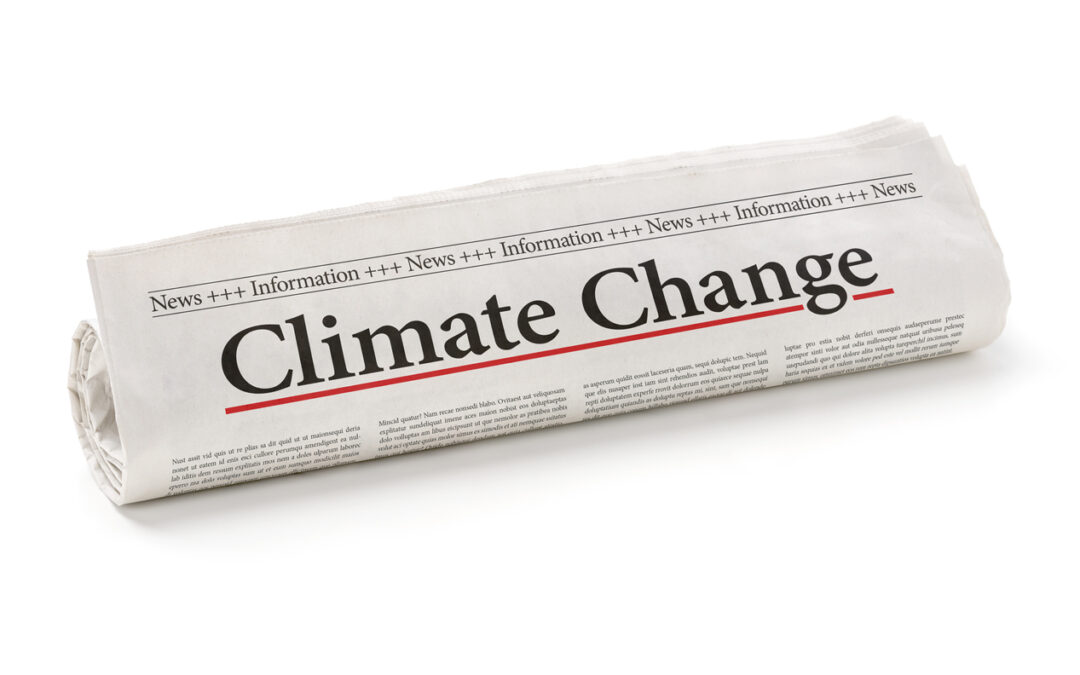A (non-comprehensive and quite random) list of climate change, climate policy and environmental justice stories from the past week. A Shadowy Corner of International Law Is Threatening Climate Action, U.N. Expert Warns
An obscure but far-reaching system allowing corporations to sue governments is being “weaponized” by the fossil fuel and mining industries, according to a new U.N. report, jeopardizing progress in developing nations. (read the full story here)
Research by Public Health Experts Shows ‘Damning’ Evidence on the Harms of Fracking. The natural gas industry answers with its own reviews of research, finding a lack of evidence to establish a clear link between fracking and negative health outcomes. (read the full story here)
Lawmakers Want Answers on Damage and Costs Linked to Idled ‘Zombie’ Coal Mines. Sen. John Fetterman, the Pennsylvania Democrat, joins a call for a national GAO investigation into a problem that could fall to taxpayers to solve. (read the full story here)
The start of Federal Reserve Chair Jerome Powell’s speech on Thursday was delayed by climate activists protesting at the Economic Club of New York. The protesters appeared to be from a group called Climate Defiance. The group’s mission statement calls for the end of fossil fuel extraction on federal lands and waters, among other items. (read the full story here)
Children at ‘existential risk’ from climate crisis, UK’s top pediatrician says. Physical and mental impact on young people needs immediate action, Dr Camilla Kingdon says. (read the full story here)
Drought turns Amazonian capital into climate dystopia. Forest fires leave Manaus with second worst air quality in the world, while low river levels cut off communities. (read the full story here)
Billions of snow crabs in Alaska likely vanished due to warm ocean, study says. The crabs starved to death en masse because the change in water temperature increased their caloric needs, according to the NOAA (read the full story here)
Individual actions you can take to address climate change. Humans are driving climate change. And that means we humans can change our trajectory. While governments and businesses have a key role to play in reducing planet-heating emissions, individual actions matter, too. (read the full story here)

